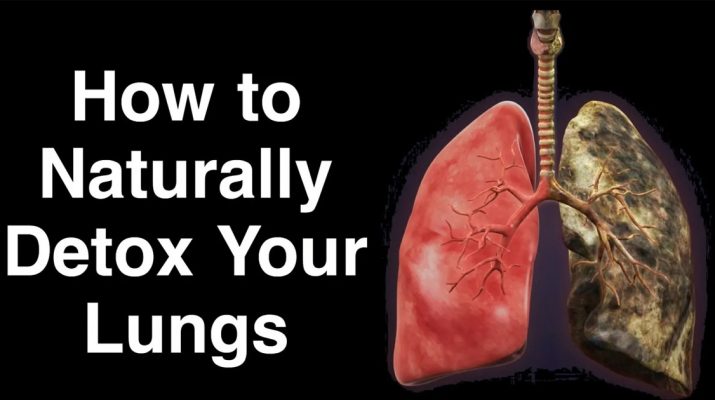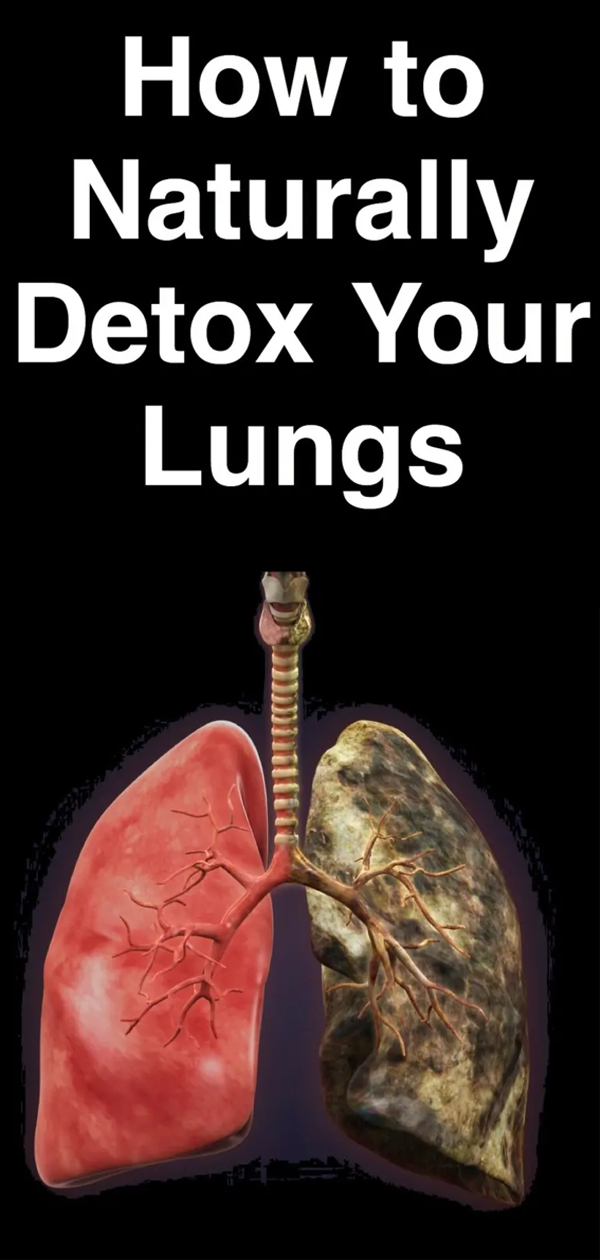“Finding out you have cancer is never good news: but in the ‘hierarchy’ of malignant disease, lung cancer is one of the hardest to diagnose, one of the (hardest) to treat, and one that tends to have a poor prognosis.” – Joanna Moorhead
Of all organs, the lungs are arguably the most abused and ignored. Whatever happens to be in the air when we breathe is instantly deposited into the lungs. You’ve already seen the ubiquitous ads warning against smoking. When is the last time you saw something on television about air pollutants? Greenhouse gases? The dangers of burning coal?
Let’s use coal as an (obvious) example. Despite the recent pontification regarding the innocence of coal-burning, it is “the (United States) top source of carbon dioxide (CO2) emissions, the primary cause of global warming …a leading cause of smog, acid rain, and toxic air pollution.”
“Our lungs interact with the environment,” explains Dr. Lisa A. Maier, head of the National Jewish Health’s environmental and occupational health sciences in Denver, Colorado. “We literally breath in everything that’s around us.”
While nearly every other developed country in the world is enacting safeguards against air pollutants, the U.S. has undone over 20 environmental rules over the past year, endangering its citizen’s health and well-being.
As bad as this situation is, many places in the world have it much worse, where few to no environmental regulations or safeguards exist. India, for example, is a fast-developing nation with one of the worst environmental records of any country. As Radhika Joshi eloquently states in a piece titled, ‘Ignore environmental protection at your own peril,’
“Said to be at the top of the development chain, humans have become the embodiment of destruction of nature. The lap of nature in which evolution takes place is deteriorating due to the greed of humanity.”
If we can’t rely on elected officials to hold themselves accountable on such an important issue, we must take control of the controllable – we must preserve our health.
The nuances of preventative medicine are beyond the scope of this article. However, simple and effective ways say, to protect your lungs, are not. We will focus on the latter.
Here Are 5 Ways To Naturally Detox Your Lungs:
1. Quit Smoking
The obvious of all obvious solutions for protecting the lungs is to refrain from smoking. Per the American Cancer Society (ACS), smoking is by far the leading cause of lung cancer – accounting for about 80 to 85 percent of lung cancer deaths.
Per the ACS, while “smoking is clearly the strongest risk factor for lung cancer,” the habit “often interacts with other known risk factors…” The clearest link, unsurprisingly, is genetics.
It’s also worth nothing, per the National Health Service (UK), that “non-smoking women who share their house with a smoking partner are 25 percent more likely to develop lung cancer that non-smoking women (with) a non-smoking partner.”
2. Get Your Antioxidants
A healthy and well-balanced diet that includes plenty of antioxidants is an excellent way to detox the lungs (and other organs.) Antioxidants ward off harmful free radicals that harm healthy cells. Research shows that antioxidants “enhance lung capability and improve the quality of breathing” in clinical settings.
Good sources of antioxidants include blueberries, broccoli, fish, grapes, green tea, spinach, and sweet potatoes.
3. Break A Sweat
Once again, researchers prove the extraordinary benefits of exercise. A half-hour, three to four times per week, or 20 minutes of high-intensity interval training three times weekly is enough to keep your lungs pumping along.
If you’re really stretched for time, consider taking up the Tabata Workout – a four-minute HIIT regimen designed for Japanese Olympians. (Warning: this workout is intense.)
4. Consider Your Environment
Whatever potential environment(s) you’re able to control, you can and should. First, ensure that your home and workplace and well-ventilated. Second, if your occupation involves the handling of hazardous materials (e.g., construction workers, painters, assembly line workers, etc.) wear a personal respirator or dust mask. (On the off-chance that your employer or customer objects, explain your rationale. If they’re unaccommodating, you have legal ramifications. Do NOT put your health at risk.)
If you know that your state/city/town/village is a toxic environment, consider moving. Is this a drastic step? Not really, if you consider the health implications of staying put.
5. Learn How To Breathe
On the surface, this last one (admittedly) may sound a bit crazy…just hear us out.
Most people do not know how to breathe. Don’t believe us? Observe how you’re breathing now. (By the way, this writer is as guilty as most of you.)
The problem: we have a tendency to take shallow breaths. The solution: the lungs are an expandable organ. Understand this physiology and practice deep breathing a few times per week. You’ll expand your lungs, reduce stress, and feel more energetic.
Thich Nhat Hanh, a Vietnamese Monk and one of the most respected figures within the Buddhist Philosophy, sums it up better than anyone, “Breathe in deeply to bring your mind home to your body.”


